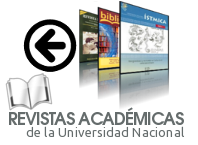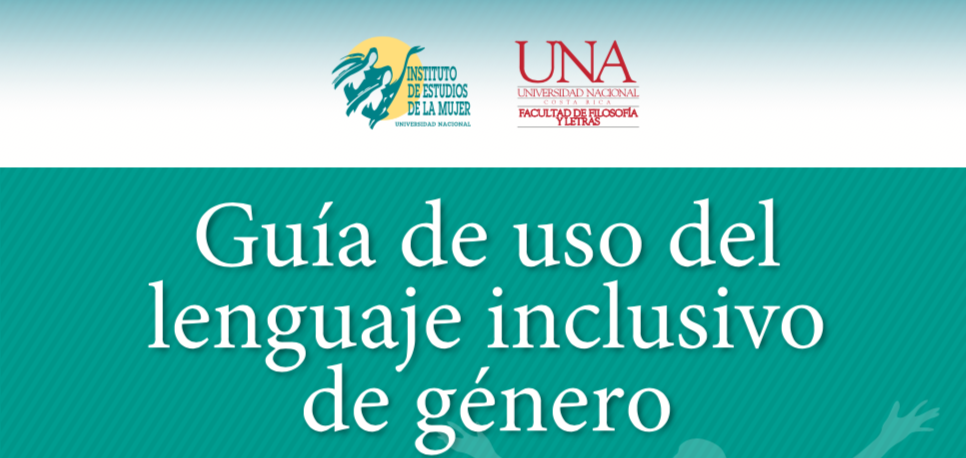¿Es la lógica un buen instrumento científico para hacer filosofía?
DOI:
https://doi.org/10.15359/praxis.84.2Palabras clave:
Lógica, Filosofía, Argumento, EvaluaciónResumen
En el presente artículo, ofrezco razones para mostrar que el objeto de estudio de la filosofía son los argumentos, sean epistemológicos, políticos, éticos, estéticos, ontológicos, religiosos, bioéticos, metafísicos, entre otros. Sostengo que su objetivo es formularlos, reconstruirlos, proponerlos y evaluarlos usando la lógica. Presento algunos contraejemplos, brindando una respuesta para mostrar que no debilitan mi propuesta.
Referencias
Aristóteles. Metafísica. Madrid: Editorial Gredos, 1994.
Aristoteles. The Organon or Logical Treatises of Aristotle: With Copious Elucidations from the Commentaries of Ammonius, Porphyry and Simplicius. Vol. 1 y 2. 20. London: George Bell and Sons, 1889.
Austin, J. L. How to Do Things with Words. Cambridge, Mass: Harvard Univ. Press, 1962.
Beuchot, Mauricio. Tratado de hermenéutica analógica. México: Facultad de Filosofía, Universidad Nacional Autónoma de México, 1997.
Bruce, Michael, and Steven Barbone, eds. Just the Arguments: 100 of the Most Important Arguments in Western Philosophy. Chichester, West Sussex, U.K: Wiley-Blackwell, 2011.
Butler, Judith. Gender Trouble: Feminism and the Subversion of Identity. Thinking gender. New York: Routledge, 1990.
Carroll, Noël, and Jinhee Choi, eds. Philosophy of Film and Motion Pictures: An Anthology. Blackwell philosophy anthologies. Malden, MA: Blackwell Pub, 2006.
Chalmers, David John. The Conscious Mind: In Search of a Fundamental Theory. Philosophy of mind series. New York: Oxford University Press, 1996.
Comesaña, Juan Manuel. Lógica informal, falacias y argumentos filosóficos. Buenos Aires: Eudeba, 2001.
Copi, Irving M. Symbolic Logic. London: Collier MacMillan Publishers, 1973.
Copi, Irving M., Carl Cohen, and Kenneth MacMahon. Introduction to Logic. 14 ed., Pearson new international ed. Pearson custom library. Harlow: Pearson Education Limited, 2014.
Engelhardt, H. Tristram. The Foundations of Bioethics. 2nd ed. New York: Oxford University Press, 1996.
Frápolli Sanz, María José. Filosofía de la lógica. Madrid: Tecnos, 2008.
Frege, Gottlob. “Sense and Reference.” The Philosophical Review 57, no. 3 (May 1948): 209.
Gadamer, Hans-Georg. El Giro Hermenéutico. Madrid: Ediciones Cátedra, 1998.
Grice, Paul. “Logic and Conversation.” In Donald Davison and G. Harmann The Logic of Grammar. The Dickenson series in philosophy. Encino, Calif: Dickenson Pub. Co, 1975.
Grimwood, Tom. “Nietzsche’s Death of God.” In Just the Arguments, edited by Michael Bruce and Steven Barbone, 52–56. Oxford, UK: Wiley-Blackwell, 2011.
Hegel, Georg Wilhelm Friedrich, and Gustavo Leyva. Fenomenología del espíritu. Distrito Federal: FCE - Fondo de Cultura Económica, 1996.
Houlgate, Stephen. The Opening of Hegel’s Logic: From Being to Infinity. Purdue University Press series in the history of philosophy. West Lafayette, Ind: Purdue University Press, 2006.
Husserl, Edmund, and Donn Welton. The Essential Husserl: Basic Writings in Transcendental Phenomenology. Studies in Continental thought. Bloomington, IN: Indiana University Press, 1999.
MacIntyre, Alasdair C., ed. Hegel: A Collection of Critical Essays. Ney York: Doubleday, 1972.
McCarthy, John. “Circumscription—A Form of Non-Monotonic Reasoning.” Artificial Intelligence 13, no. 1–2 (April 1980): 27–39.
Mercier, Adèle and University of Arkansas Press. “A Perverse Case of the Contingent A Priori: On the Logic of Emasculating Language (A Reply to Dawkins and Dummett).” Philosophical Topics 23, no. 2 (1995): 221–259.
Mitcham, Carl. Thinking through Technology: The Path between Engineering and Philosophy. Chicago: University of Chicago Press, 1994.
Moore, G. E., and Thomas Baldwin. Principia Ethica. Cambridge University Press, 1903.
Nagel, Thomas. “What Is It Like to Be a Bat?” The Philosophical Review 83, no. 4 (October 1974): 435.
Nietzsche, Friedrich. Así Hablo Zaratustra: Un Libro Para Todos y Para Nadie. Madrid: Alianza Editorial, 1953.
Pippin, Robert B. Hegel’s Idealism: The Satisfactions of Self-Consciousness. Cambridge; New York: Cambridge University Press, 1989.
Plato, John M. Cooper, and D. S. Hutchinson. Complete Works. Indianapolis, Ind: Hackett Pub, 1997.
Rawls, John. A Theory of Justice. Cambridge: Harvard University Press. , 1971.
Russell, Bertrand. “On Denoting.” Mind 14 (1905): 479–493.
Stern, Robert and MyiLibrary. Routledge Philosophy Guidebook to Hegel and the Phenomenology of Spirit. London; New York: Routledge, 2002.
Taylor, Charles. Hegel. Cambridge: Cambridge Univ. Press, 1975.
Vetterling-Braggin, Mary, ed. Sexist Language: A Modern Philosophical Analysis. Littlefield Adams quality paperback series; 353. Totowa, N.J: Littlefield, Adams, 1981.
Wittgenstein, Ludwig. Tractatus Logico-Philosophicus. Oxford: Blackwell, 1953.
———. Tractatus Logico-Philosophicus. Routledge great minds. London; New York: Routledge, 2014.
Wittgenstein, Ludwig. Philosophical Investigations. New York: Macmillan, 1953.
Archivos adicionales
Publicado
Cómo citar
Número
Sección
Licencia
La revista trabaja bajo la Licencia Creative Commons Atribución-NoComercial-CompartirIgual 4.0 Internacional; apartir de la publicación número 79 (2019); en publicaciones anteriores se trabajaba bajo una Licencia Atribución- No Comercial- Sin Derivadas 4.0 Internacional.







